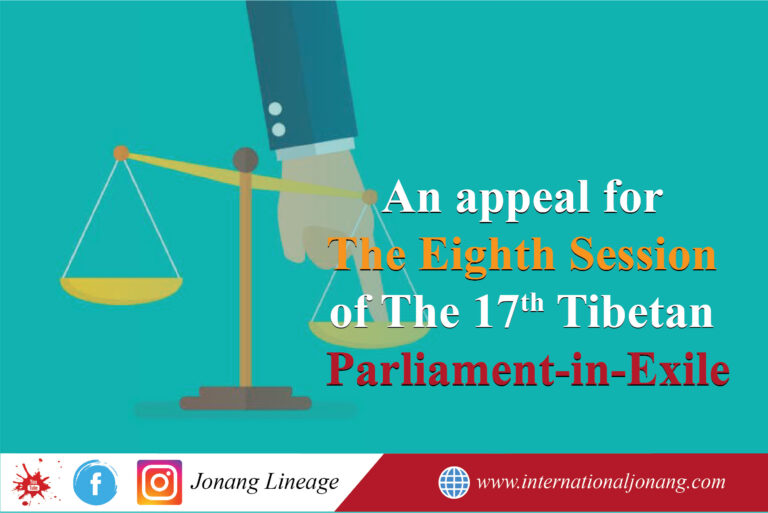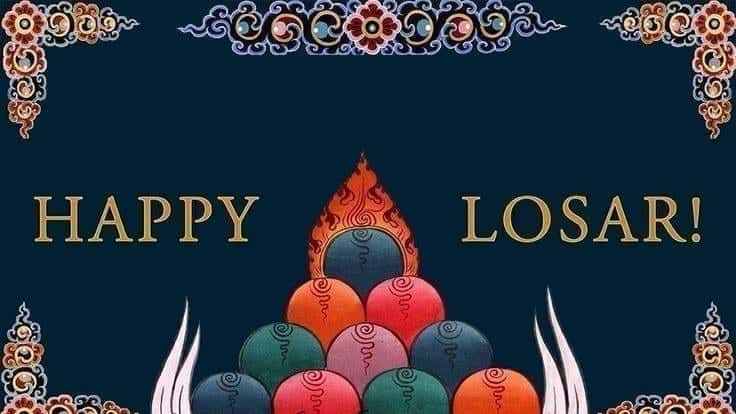His Holiness the Dalai Lama today inaugurated the new Tibetan Monlam Dictionary
Dharamshala: His Holiness the Dalai Lama today inaugurated the new Tibetan Monlam Dictionary prepared by Monlam Tibetan IT Research Center at Tsuglakhang in Mcleod Ganj. The opening ceremony of the dictionary was attended by Sakya Gongma Trichen Rinpoche, 43rd Sakya Trizin Khondung Gyana Vajra Rinpoche, 34th Menri Trizin Lungtok Dawa Dargyal Rinpoche, 42nd Sakya Trizin Ratna Vajra Rinpoche, 7th Kyabjé Yongzin Ling Rinpoche, 11th Kirti Rinpoche Lobsang Tenzin Jigme Yeshe Gyamtso Rinpoche, Ringu Tulku Rinpoche, and former Kalon Tripa Professor Samdhong Rinpoch, Dorjee Lonpon Kenga Rinchen, Khenpo Kenga Choepel and Jonang coordinators of Dictionary Project (Lhakyab, Kenga Lhndup and Kelwa as special guests. The leadership of the Central Tibetan Administration also attended the grand opening ceremony including pro-tem Chief Justice Commissioner Karma Dadul, Speaker Khenpo Sonam Tenphel, Sikyong Penpa Tsering along with Education Kalon Changra Tharlam Dolma, Security Kalon Gyari Dolma, DIIR Kalon Norzin Dolma. Members of the 17th Tibetan Parliament and the secretaries of the various departments of the Central Tibetan Administration also took part in the ceremony. “We Tibetans have a rich religious and cultural tradition. While we were in Tibet, we were not aware of how it compared with other traditions, but once we came into exile we became aware of how precious our heritage is. It’s a practical tradition at the core of which are methods for tackling negative emotions and cultivating peace of mind. In my own daily practice I focus on the awakening mind of bodhichitta and cultivating an understanding of emptiness, which together bring me deep inner peace. “Practitioners of other religious traditions focus on prayer, but we try to transform our mental attitudes. As Shantideva’s ‘Guide to the Bodhisattva’s Way of Life’ explains, our enemy is our best teacher when it comes to cultivating patience. If we carefully think it through, there are no adverse conditions that cannot be transformed into favourable circumstances. Understanding the workings of the mind and emotions is at the heart of the Nalanda Tradition.“People talk about peace in the world, but if you have anger and hatred

